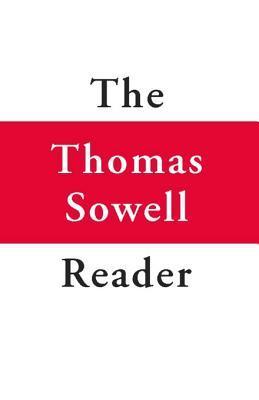What do you think?
Rate this book


432 pages, Kindle Edition
First published October 1, 2011
My hope is that this large selection of my writings will reduce the likelihood that readers will misunderstand what I have said on many controversial issues over the years. Whether the readers will agree with all my conclusions is another question entirely. But disagreements can be productive, while misunderstandings seldom are.